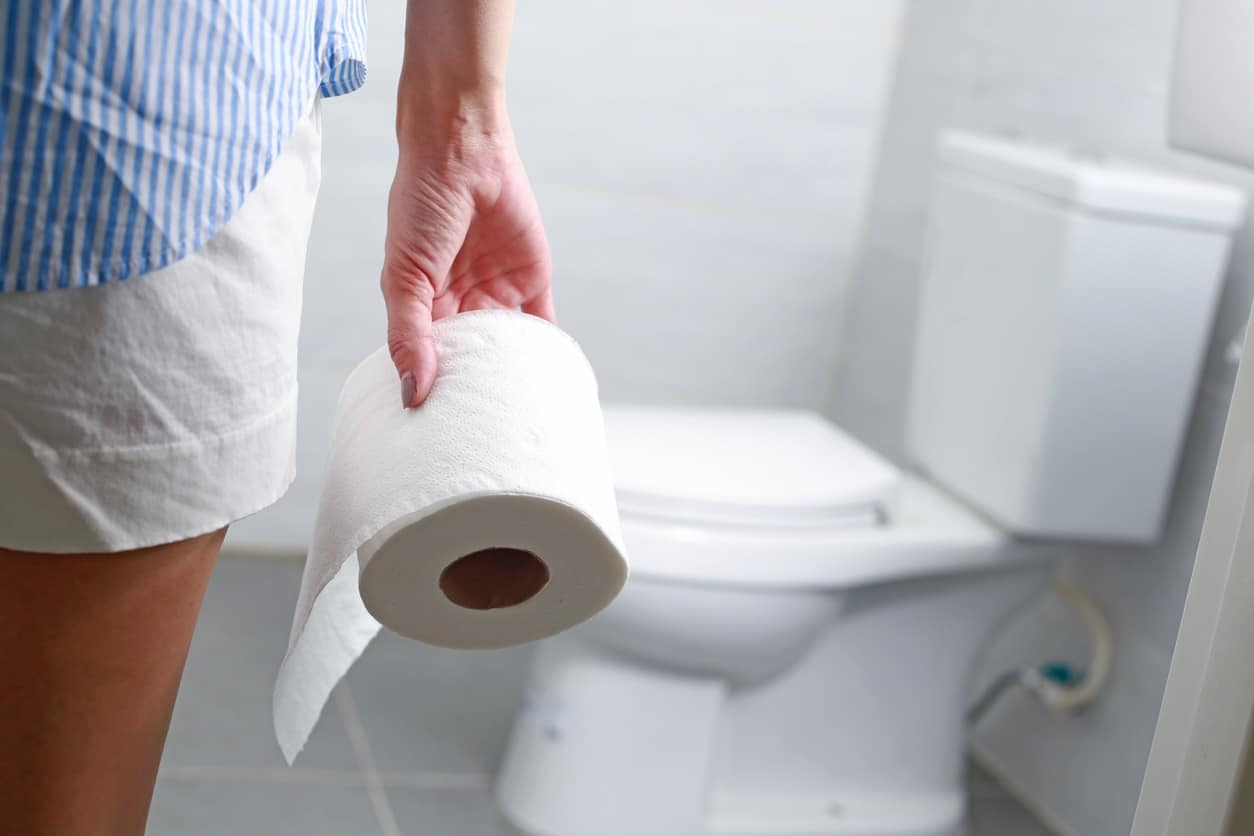Laxatives are substances that promote bowel movements and alleviate constipation. They are commonly used to treat temporary bouts of irregularity or to prepare for certain medical procedures. While laxatives can be beneficial in specific situations, it's crucial to use them judiciously and under proper guidance.
What do laxatives do?
Laxatives promote stool movement through the intestines or soften the stool to make it easier to pass. Their primary goal is to relieve constipation, a condition characterized by infrequent bowel movements and difficulty passing stools. Constipation can occur due to various reasons such as a low-fiber diet, dehydration, or certain medical conditions.
Promoting Bowel Movements
Some laxatives stimulate the muscles in the intestines, causing them to contract and move stool through the digestive tract more quickly. This helps in relieving constipation and restoring regular bowel function. Common ingredients that have this effect include bisacodyl and senna.
Softening Stool
Other laxatives work by drawing water into the bowel, which softens the stool and makes it easier to pass. These types of laxatives often contain ingredients like docusate sodium. They are particularly useful when the stool is hard and difficult to pass.
What types of laxatives exist?
Laxatives come in various forms, each with its mechanism of action. Understanding the different types can help individuals choose the most appropriate laxative for their specific needs.
1. Bulk-forming Laxatives
These laxatives contain fiber that absorbs water, increasing the bulk and softness of the stool. Popular choices include psyllium and methylcellulose. Bulk-forming laxatives are known for their mild and natural approach to relieving constipation.
2. Stimulant Laxatives
Stimulant laxatives work by irritating the intestines, causing them to contract and move stool along. Bisacodyl and senna are common ingredients in this category. While effective, they should be used with caution, as long-term use may lead to dependency.
3. Osmotic Laxatives
Osmotic laxatives increase the amount of water in the intestines, softening the stool and promoting bowel movements. Common osmotic laxatives include polyethylene glycol and lactulose. These are often recommended for short-term use and can be helpful in cases of chronic constipation.
4. Stool Softeners
Stool softeners, like docusate sodium, work by adding moisture to the stool, making it easier to pass. They are often recommended for individuals who need to avoid straining during bowel movements, such as those recovering from surgery.
5. Lubricant Laxatives
Lubricant laxatives, such as mineral oil, coat the surface of the stool, making it slippery and easier to pass through the intestines. These laxatives are typically used on a short-term basis and may interfere with the absorption of fat-soluble vitamins.
Common causes to use laxatives
Laxatives are commonly used to address constipation, a condition characterized by infrequent bowel movements and difficulty passing stools. Several common causes may lead to the use of laxatives:
- Low-Fiber Diet: Inadequate fiber intake is a primary cause of constipation. Fiber adds bulk to the stool, promoting regular bowel movements. When dietary fiber is lacking, individuals may turn to laxatives to help address the resulting constipation.
- Dehydration: Insufficient water intake can lead to hard and dry stools, making them difficult to pass. Laxatives that add moisture to the stool or stimulate bowel movements are often used in cases of dehydration-induced constipation.
- Medical Conditions: Certain medical conditions, such as irritable bowel syndrome (IBS), Crohn's disease, ulcerative colitis, and colon cancer. In these cases, laxatives may be recommended as part of a comprehensive treatment plan to manage symptoms and promote regular bowel movements.
- Travel-Related Constipation: Changes in routine, diet, and dehydration during travel can contribute to constipation. Laxatives may be used temporarily to manage constipation associated with travel.
Seeking guidance from healthcare professionals is crucial to determine the underlying cause of constipation and to develop a tailored and sustainable approach to bowel health.
When to See a Specialist for Laxatives?
If constipation persists despite the use of laxatives or is accompanied by concerning symptoms, it's time to seek the expertise of constipation specialists. These specialists are well-equipped to assess your unique situation, offer a precise diagnosis, and tailor a comprehensive treatment plan that goes beyond short-term relief.
Individuals with underlying health conditions, pregnant individuals, or those contemplating prolonged laxative use should particularly consider consulting constipation specialists. Their specialized knowledge ensures proper oversight, helping prevent potential complications associated with laxative dependence. Regular check-ups with constipation specialists play a pivotal role in promoting long-term digestive health and overall well-being.
Learn About Long-Term Bowel Health with Northeast Digestive
In summary, understanding the diverse types and mechanisms of laxatives is essential for managing constipation effectively. Responsibly using laxatives, following guidelines, and being mindful of potential side effects are crucial for maintaining digestive health. If constipation persists or becomes a recurring concern, seeking the expertise of constipation specialists is highly advisable.
For personalized guidance on choosing the right laxative and achieving long-term well-being, schedule a consultation with Northeast Digestive. Schedule a consultation to receive expert guidance on choosing the right laxative and achieving long-term well-being. Your journey to optimal digestive vitality begins with us.




